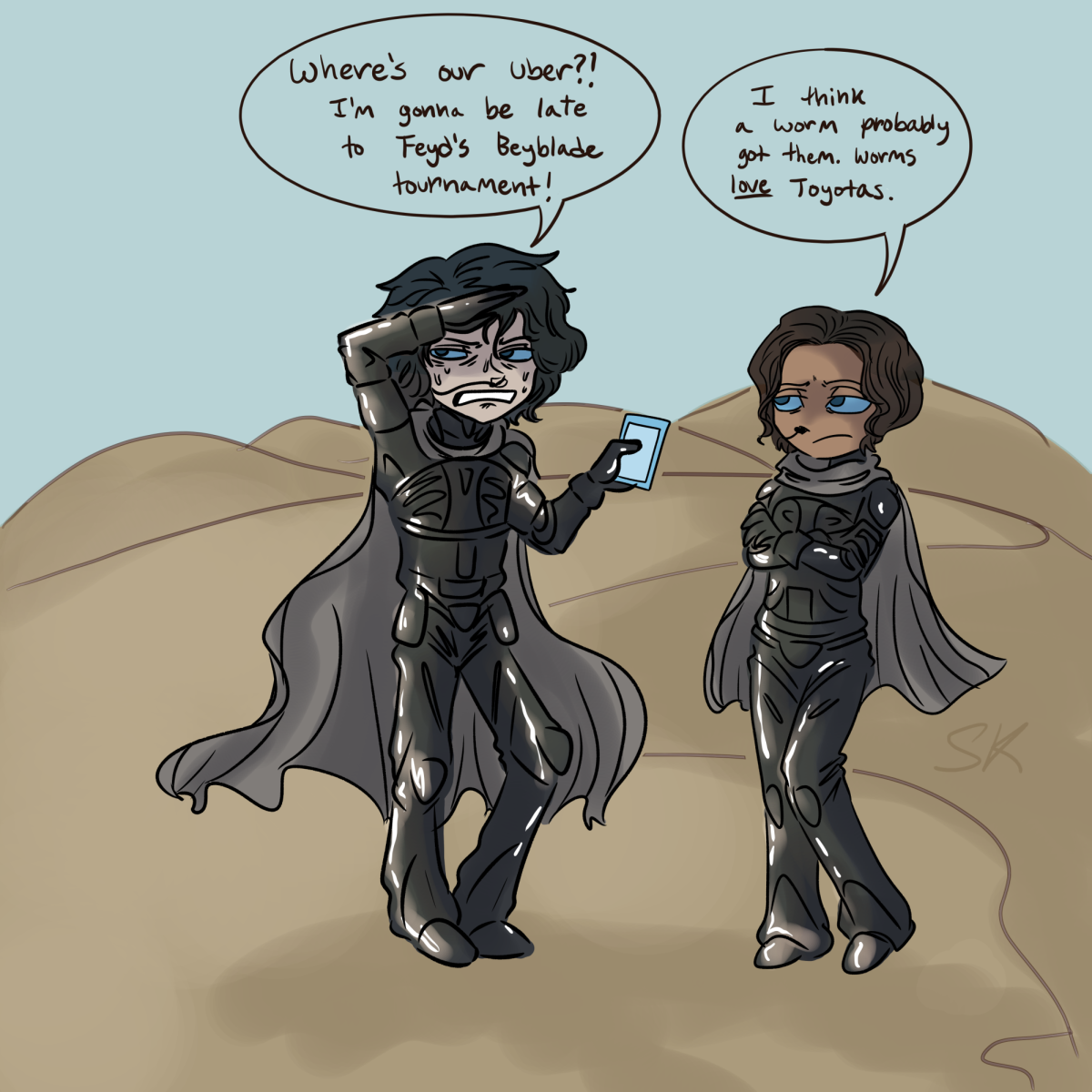Picture this: after graduating college, a student finds that living on her own requires that she purchase her own Internet service. She finds that websites that she loved are blocked, or else she has to pay extra to get to them. Then, if she wants high speed access and open doors to those websites she loves, there’s corporate priced fees tacked on for each route she has to go.
In this reality, only big companies can have all the freedom and high speed access, while the consumer gets the lower quality access. Suddenly, customers can’t surf the web like they used to. They have to be careful, think about the cost of each site, and wonder if, monetarily, this freedom is worth it.
That is part of the reality that would come to us if the Federal Communications Commission (FCC) hadn’t declared on Feb. 26 that the Internet is a public utility, allowing the government to regulate it. Here at Northern, students have the luxury of free Internet monetarily, and besides the obvious that you should not break the laws (or the rules of Northern that largely speak to plagiarism), the Internet is free in a democratic sense as well.
This ruling that the Internet is a utility comes with different consequences, whichever way you may take them. Now, yes, there is a hot debate going on that screams that this decision is undermining the free market and laissez faire is going out the window. But while politicians shout about having a free market, what that’s really saying is that the corporations that provide Internet service (Internet Service Providers, or ISPs) won’t get to break up the Internet. They don’t get to have control over what flies and what doesn’t. That is good for consumers because that means we save money. It’s good for small business owners who rely on the Internet to get their businesses running and reach new customers. ISPs could decide what people viewed and the flow of programming across their systems into our screens.
What about freedom of speech, though? Right now, it’s a win. It means we the people can say what we want, watch what we want and do what we want on the web at the high connectivity we enjoy. Netflix, one of the biggest lobbyists for the ruling and want control of giving high speed streaming can make their consumers happy. For all the conspiracy theorists, though, this might be a first step in the government taking control of the web and maybe blocking foreign websites or international speech, or for the whopper, becoming a propaganda hot spot and only allowing good, patriotic things to slide onto our screens.
Here’s the unpopular opinion: mainstream media allows stereotypes to come into play. While journalism is supposed to be neutral and cover only the facts, maybe it’s okay to say that a lot of the media only portrays one side of the story in facts, and just neglects the facts on the other. Watch the nightly news and you’ll see looters and hooligans and riots.
Scroll through Twitter and you’ll see police brutality, journalists arrested, and untouched facts. If the rules on the Internet tightened, maybe we’ll only see what the higher ups want us to see.
The idea of net neutrality says no. The Internet is open, free to all, and a basis of communication. Trying to control where you go and what you say on the Internet is like trying to censor who you call and what you say over the phone. For college students, this ruling is especially important. This generation feels like the Internet belongs to them, because it was always with us growing up. While we are furthering our education, we are learning our rights and our power as citizens, and we as learners have the freedom to do things and speak our minds.
So when it comes to our method of communication, yeah, we’re going to say something. Stepping into our everyday lives is huge. There’s pros and cons to the FCC ruling, and there’s still a lot of controversy and bitter feelings.
One thing is for certain: the way we access the web is going to change somehow.
























